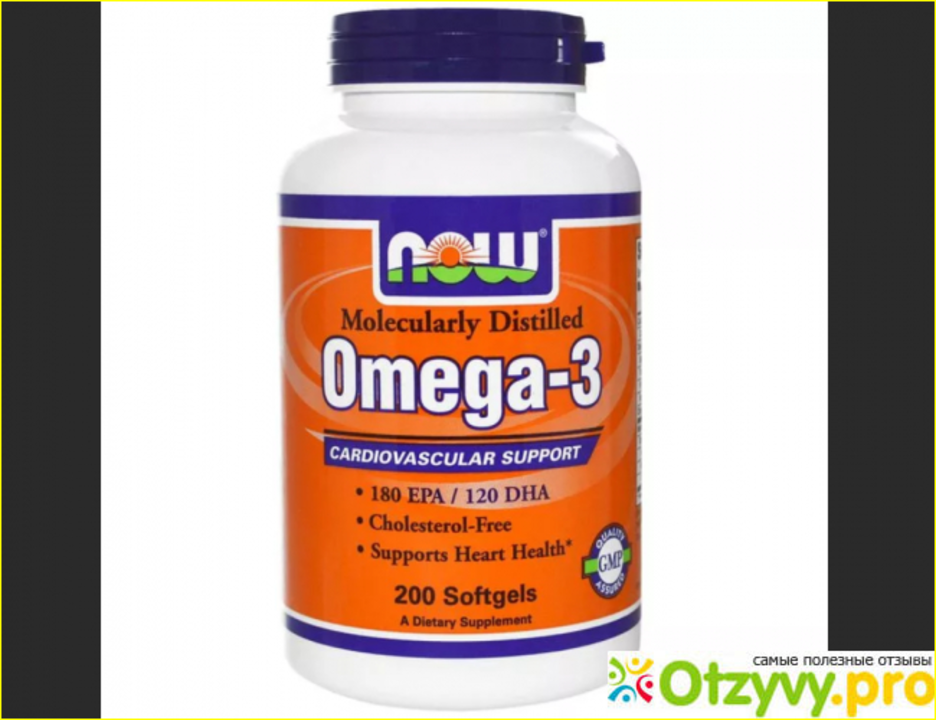Cardiovascular health: simple steps, smart meds, safer choices
Want to protect your heart without getting lost in medical jargon? This page groups clear, practical advice and trusted articles on heart medicines, managing blood pressure, and buying prescriptions safely. Read quick tips you can use today, plus links to deeper guides on common drugs like statins and beta blockers.
Everyday moves that help your heart
Small changes add up. Walk 20–30 minutes most days, aim for a colorful plate (vegetables, lean protein, whole grains), and cut back on salt and sugary drinks. If you smoke, quitting is the single biggest thing you can do for your heart. Sleep and stress matter too—try consistent bedtimes and simple breathing breaks when you feel overwhelmed.
Keep an eye on numbers: know your blood pressure, cholesterol, and fasting blood sugar. Bring those numbers to appointments so you and your clinician can make clear decisions together.
Medications made less confusing
Common heart meds include statins (for cholesterol), beta blockers (for blood pressure and heart rhythm), and diuretics (to manage fluid). For example, our Toprol XL guide explains how metoprolol succinate works for blood pressure and heart failure. If you’re on a statin like Zocor (simvastatin), read about safe use, common side effects, and when liver checks make sense.
Always take meds exactly as prescribed. Missing doses or stopping suddenly can make things worse. Keep an updated list of every drug you take—including over-the-counter supplements—so your doctor can spot interactions.
Watch for warning signs that need urgent care: chest pain, sudden shortness of breath, fainting, or severe swelling in the legs. If any of those happen, seek immediate medical attention.
If you or a family member have other conditions—like diabetes or thyroid problems—those affect heart health. For instance, certain diabetes drugs change heart risk profiles, so ask how your meds interact with your heart plan.
Buying meds online? Be careful. Articles on this site show how to spot legit pharmacies, what to check (valid prescription requirement, clear contact info, pharmacy licensing), and how to avoid scams. If a deal sounds too good to be true, it often is. Always verify a pharmacy before ordering heart meds.
Want specific reads? Check our Toprol XL guide for practical tips on beta blockers, the Zocor article for safe statin use, and the torsemide piece if fluid or liver issues are on your chart. We also review online pharmacies and show how to order safely if you need to refill prescriptions.
Have a question about symptoms or a drug interaction? Ask your clinician or pharmacist. Use this page as a starting point to understand options and to ask the right questions at your next visit.

